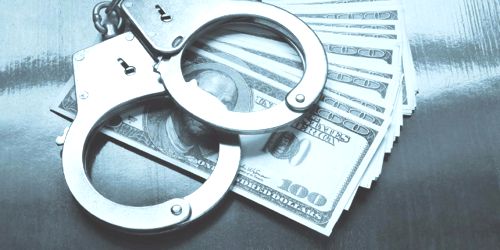Money laundering is the process of transforming the proceeds of crime into ostensibly legitimate money or other assets. It is the procedure of creating the appearance that large amounts of money obtained from illegal movements, such as drug trafficking or terrorist action, originated from a legitimate source.
Money laundering means – (Au) Properties acquired or earned directly or indirectly through illegal means;
(Aa) Illegal transfer, Conversion, concealment of location or assistance in the above act of the Properties acquired or earned directly or indirectly through legal or illegal means. Money can be laundered by many methods, which vary in complexity and sophistication.
Criminals engage in money laundering for three main reasons:
First, money represents the lifeblood of the organization that engages in criminal conduct for financial gain because it covers operating expenses, replenishes inventories, purchases the services of corrupt officials to escape detection and further the interests of the illegal enterprise, and pays for an extravagant lifestyle. To spend money in these ways, criminals must make the money they derived illegally appear legitimate.
Second, a trail of money from an offense to criminals can become incriminating evidence. Criminals must obscure or hide the source of their wealth or alternatively disguise ownership or control to ensure that illicit proceeds are not used to prosecute them.
Third, the proceeds from crime often become the target of investigation and seizure. To shield ill-gotten gains from suspicion and protect them from seizure, criminals must conceal their existence or, alternatively, make them look legitimate.
















